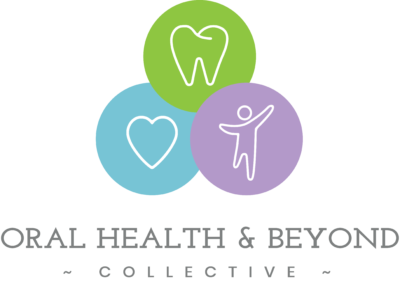A Snoring Habit Could Mean Sleep Apnea
AROUND 1 IN 5 children with a snoring habit get it from sleep apnea, a sleep disorder that causes repeated brief interruptions to breathing during sleep. This disorder, as well as being potentially life-threatening, can have serious consequences for oral health.
What Is Obstructive Sleep Apnea
Obstructive sleep apnea (OSA for short) happens when the airway is blocked, usually by the tongue and soft palate collapsing against the back of the throat, closing it off. At this point, the brain forces the person to wake up and take a breath, which can happen hundreds of times in a single night. Sleep apnea makes it very hard to get a restful night of sleep.
Sleep Apnea’s Impacts on Oral Health
How is oral health connected? Beyond the effects of sleep deprivation (irritability, hyperactivity, exhaustion, and difficulty concentrating at school), a child with sleep apnea will also be more vulnerable to oral health problems like gum disease and temporomandibular joint disorders (TMJ or TMD).
Studies have shown that when the throat relaxes in a sleep apnea episode, the jaw reflexively clenches to prevent the airway from closing off. Problems associated with TMD include pain when chewing, soreness in the jaw, chronic headaches, neck and shoulder pain, and even worn, cracked, or broken teeth.
The dentist often spots the sign of sleep apnea first!
Part of our routine assessments here at KIDS is to screen children for possible sleep and airway issues. We are able to provide treatment options and/or referrals to the right specialist to help ensure you and your child are getting a good night’s rest.
The sooner these sleep issues are picked up the better.
If you would like to have your child’s sleep and airways assessed, please contact our friendly team to book an appointment today.

Would you like more information on KIDS dental care? Please complete this form and one of our friendly team will get in touch with you.



